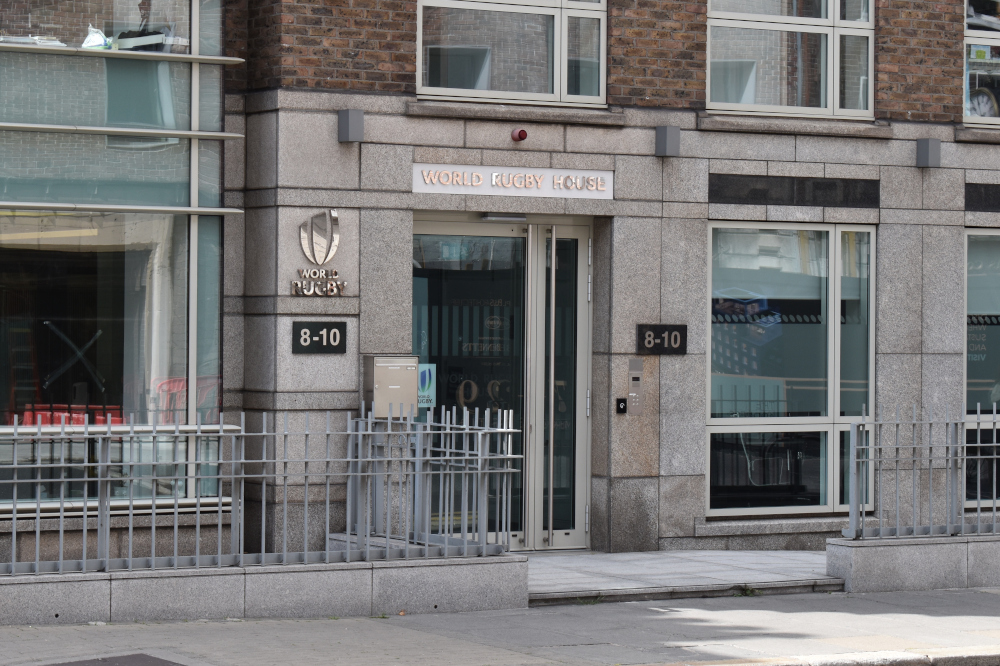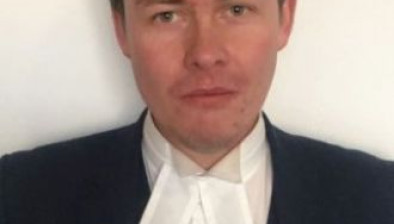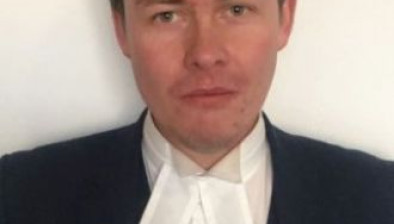Rugby players with early-onset dementia to take governing bodies to court

World Rugby's headquarters in Dublin
A lawsuit involving a group of rugby players diagnosed with early-onset dementia is likely to go ahead.
UK firm Rylands Law is to issue proceedings in England and Wales on behalf of a group of professional and semi-professional players against World Rugby as well as the Rugby Football Union and the Welsh Rugby Union.
The claimants argue that the sport’s governing bodies were negligent in failing to take reasonable action to protect players from permanent injury that was caused by repetitive concussive and sub-concussive blows.
In December 2020, a pre-action letter of claim was issued to the governing bodies on behalf of a group of nine players but the parties have been unable to agree a settlement, meaning the case is now likely to go to court.
Rylands said the application for a group litigation order is the biggest to be launched outside of the US. The firm is representing more than 185 rugby union players in their 30s, 40s and 50s.
Commenting on whether damage was reasonably foreseeable in the circumstances of the case, Jonathan Compton, a partner at city law firm DMH Stallard, said: “I think this situation can be dealt with swiftly. Two men running into each other at 10 miles an hour have an impact force of over half a ton. It seems very foreseeable that heads and necks will suffer injury. From there it is a short drive to obtain medical evidence that this type of injury will cause damage.
“What plays in my mind, though, is this: we now know that repeated blows to the head will cause damage to the brain. But the evidence as to when we knew this from a medical research point of view is a matter for the court to determine because the question of breach can only be decided by what was known/knowable at the time to the person owing the duty of care on a general level.”
He added: “Perhaps the biggest test the claimants may face is whether their injury was sustained on the pitch at a time when the defendant knew or ought to have known the likelihood of the injury.
“So we shall see what the evidence in the case of each claimant suggests and how the general state of medical knowledge was developing at the time the injuries were being sustained, assuming, of course, it can be ascertained when the damage was sustained.”
A statement from Rylands concluded: “This claim isn’t just about financial compensation; it is also about making the game safer and ensuring current and former players get tested so that if they are suffering a brain injury they can get the clinical help they need.
“The players we represent love the game. We aim to challenge the current perceptions of the governing bodies, to reach a point where they accept the connection between repetitive blows to the head and permanent neurological injury and to take steps to protect players and support those who are injured.”








